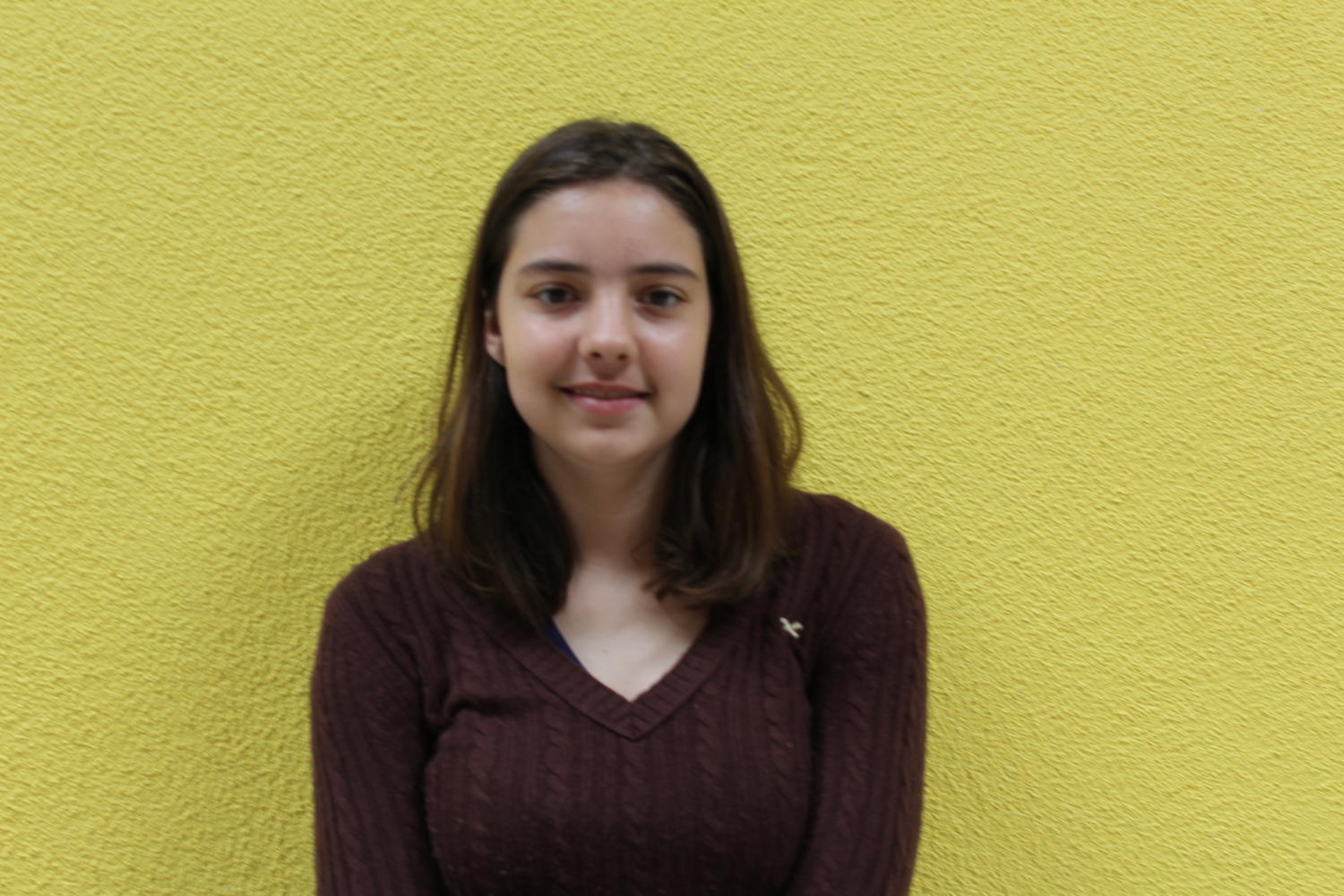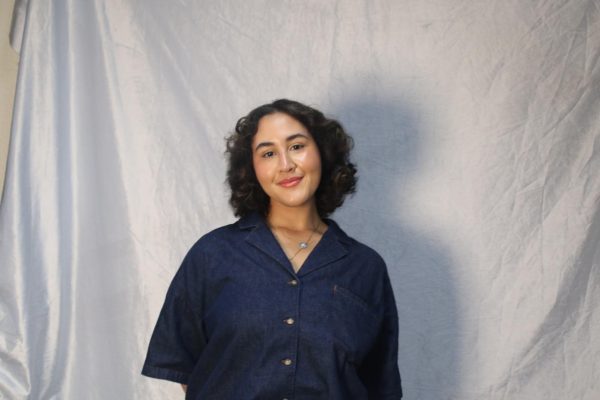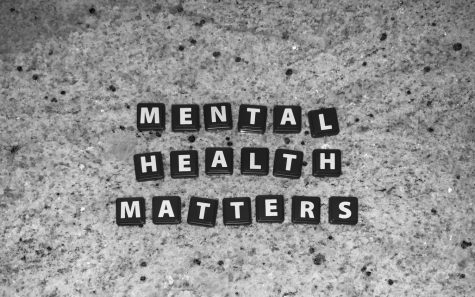Dealing with Different: Sophomore Emily Cowell Shares her Experiences with Mental Disorders
One of the things we often don’t really consider when talking to people is whether that person has a mental disorder. Sometimes it might come as a shock to learn someone you’ve spoken to or know has one. However the people afflicted with these disorders live a slightly different life than most of us. Sophomore Emily Cowell is no exception. Cowell was diagnosed with Tourette’s syndrome in third grade and with ADHD and OCD in second grade.
“Tourette’s syndrome is different for everybody. For me, if I touch the table I have to do it three more times so it equals four,” Cowell said, describing a tic (repetitive movements or sounds) caused by Tourette’s. “Technically Tourette’s syndrome isn’t considered a disorder for me because it doesn’t affect my everyday life,” Cowell said.
OCD, or obsessive compulsive disorder, compels people to repeatedly carry out the same actions or check things, though the action or check repeated varies from person to person. “Things have to be very straight,” Cowell said. “It really annoys my mom when we’re doing booth sales [for Girl Scouts], because I’m not selling cookies — instead I’m organizing the boxes,” Cowell said.
There are three types of ADHD: the inattentive type, which causes people to have trouble paying attention; the hyperactive-impulsive type, which causes people to to have trouble sitting still; and the combined type, where people have symptoms from both other types. Cowell was diagnosed with the combined type because of the trouble she was having in school at the time. “I couldn’t sit still, I had trouble paying attention in class, [and] I always had to sit in the front; I still do that.”
When Cowell was diagnosed, she “was just glad that [she] had a reason for it.” Then begins the process of making adjustments to handle them. “I have to take medication every morning, especially on school days, because I just can’t pay attention or sit still,” Cowell said.
Her own family has a history in the same types of disorders, so “for ADHD nobody was really surprised; my mom has ADHD and my grandma has OCD. For Tourette’s, none of us really knew what it was at first.”
The disorders have created some challenges in Cowell’s life. She considers one of her biggest challenges to be focusing in school. Another was being bullied when she was in elementary.
However, confronting these obstacles has served as a means for Cowell to come to understand the real effects of bullying. “They didn’t even know what it was; they just knew I was different. Being bullied … changed my view on bullying, and I can’t stand it when other people are being bullied now.”
Cowell has since come to terms with these conditions and considers them part of her life. “When I was in elementary school I never told anybody because I was bullied for it, [but] now I don’t really care — it’s just another thing.”
Cowell has a message of encouragement for those who have the same types of disorders she does: “You can learn to control it, mostly. It does get better with age because when you’re young and you have these kinds of disorders, the younger you are, the more they affect your life and the less you can control them. But as you get older, they get better.
“When I was a kid, I didn’t know this. I thought it would be forever. I thought it would hurt me forever. But it didn’t.”











